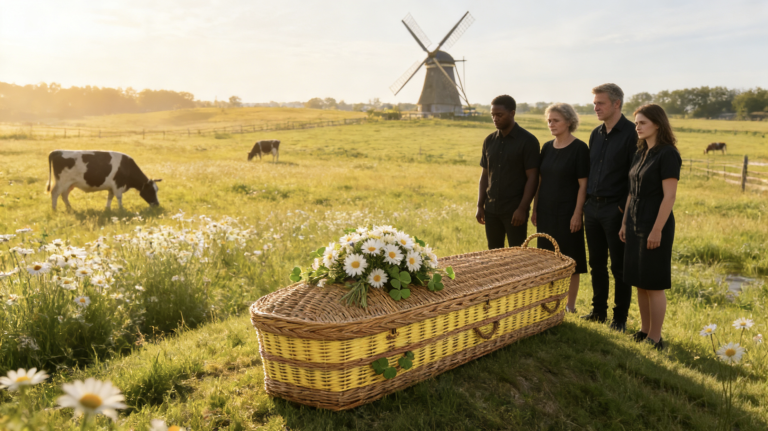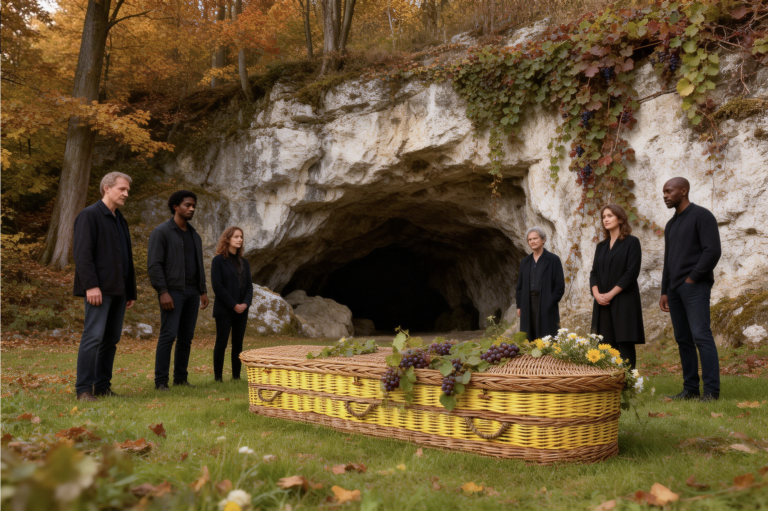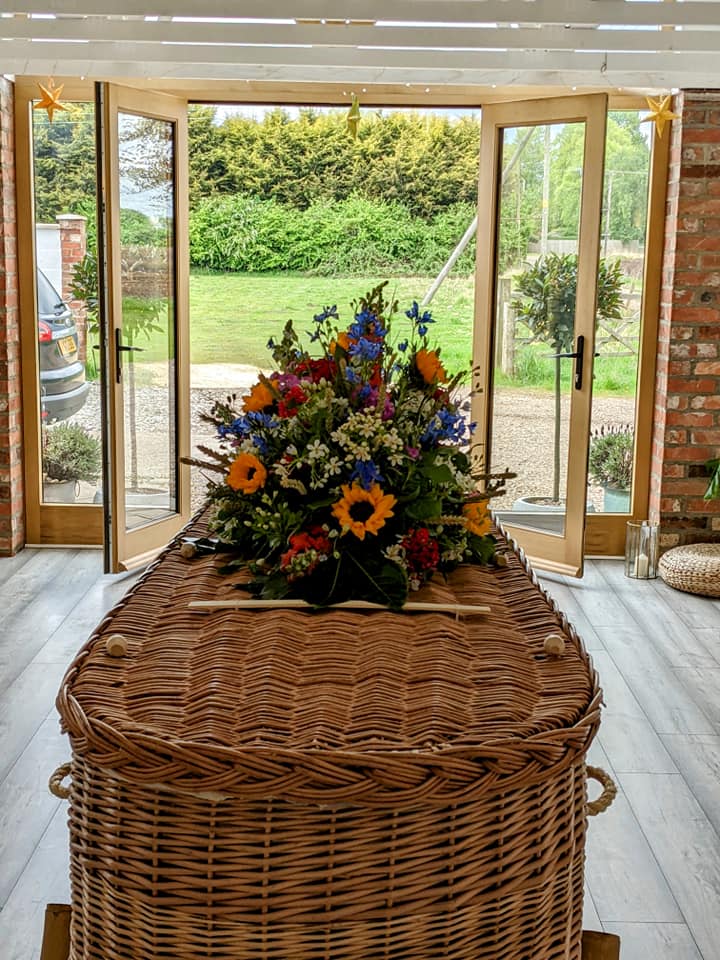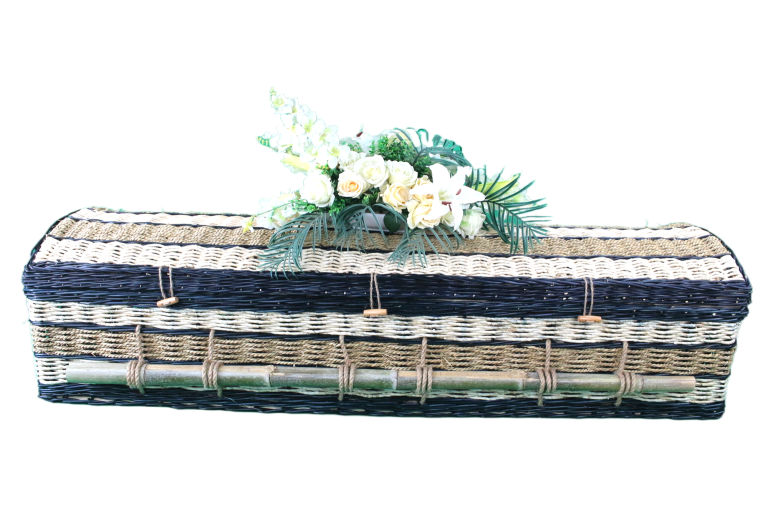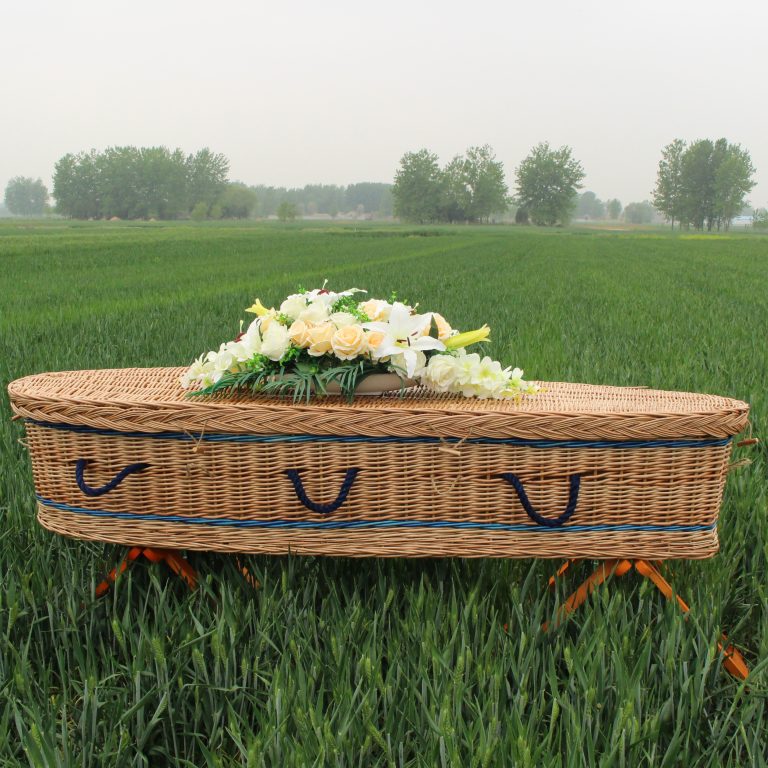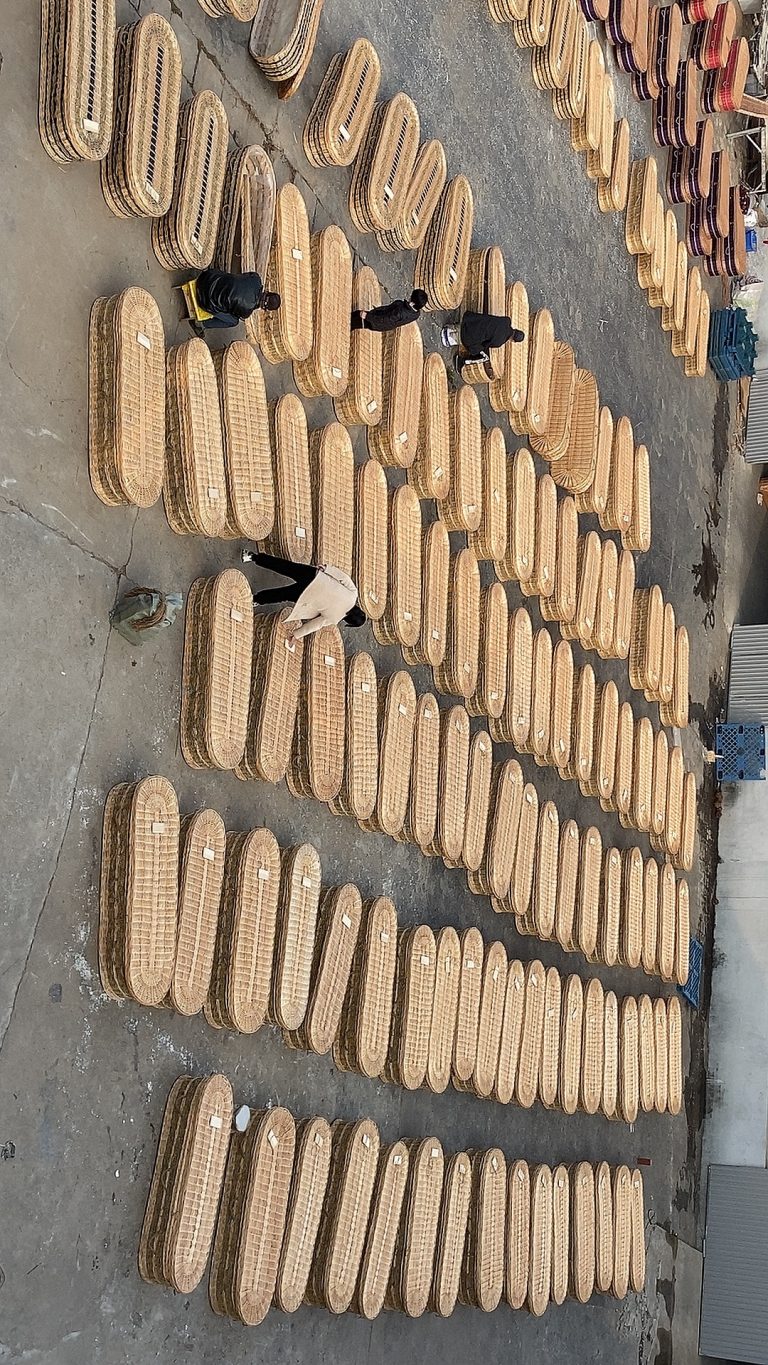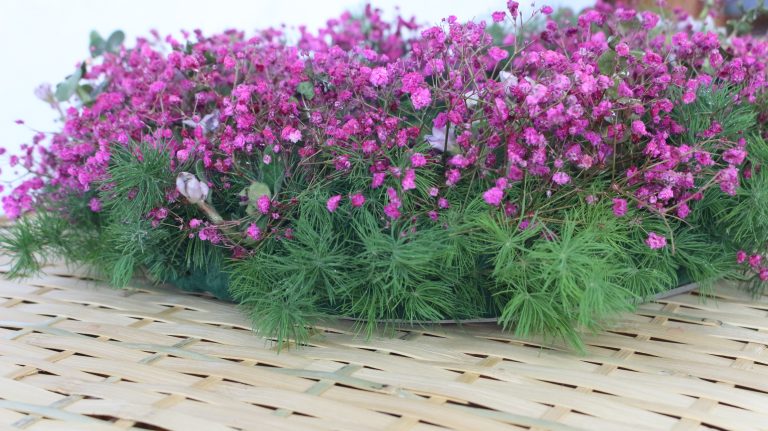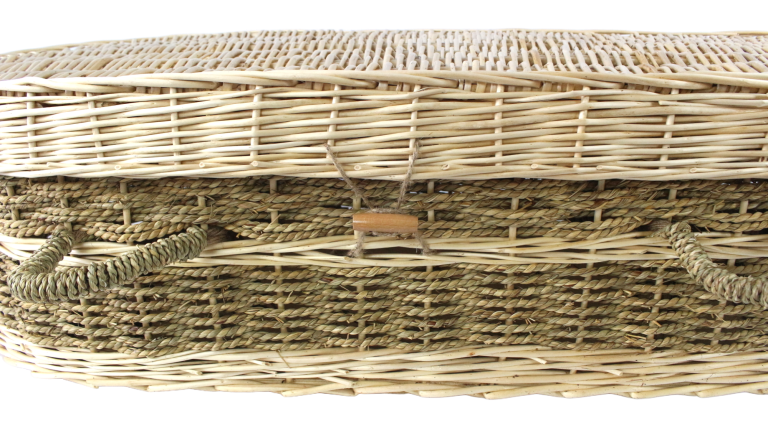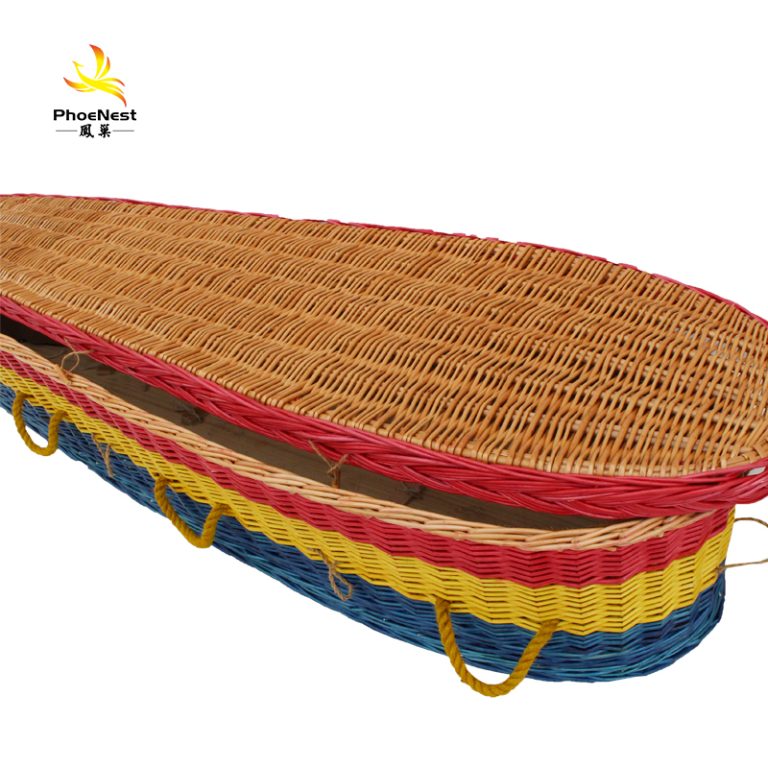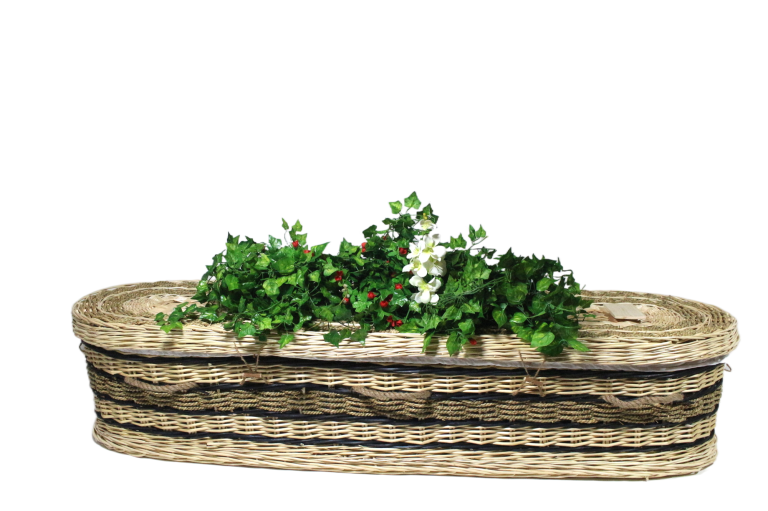The Rise of Green Funerals in Belgium: Embracing Sustainable Farewells
In the heart of Europe, Belgium is leading a quiet revolution in how we say goodbye to our loved ones. With stringent environmental policies and a growing shift in consumer values toward sustainability, the green funeral trend has firmly taken root. No longer are traditional burials synonymous with resource-intensive practices; instead, natural, biodegradable options are…

